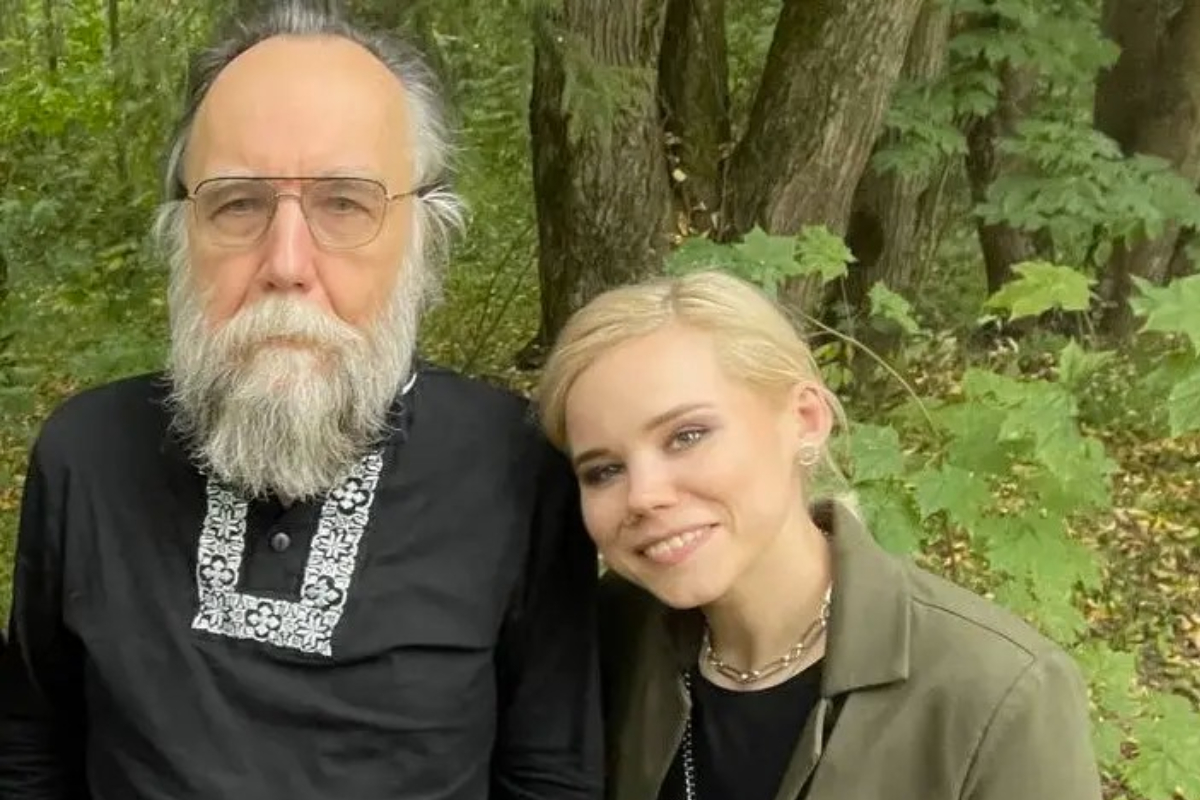The death of the daughter of a man considered close to Russian President Vladimir Putin has created a ripple across the country.
Darya Dugina, the daughter of Russian philosopher Aleksandr Dugin, died on Saturday night (9.35 pm Moscow time and midnight IST) in a powerful car explosion that tore apart an SUV the 30-year-old was travelling, according to a report on RT, a prominent Russian media outlet.
According to the witnesses, the incident took place in the middle of a highway 20 km west of Moscow. Photos and videos from the scene that went viral on social media showed the car, engulfed in flames and then crashing into a fence.
The emergency services said that the body of one person was found inside the car, but it was reportedly burned beyond recognition. While the authorities are yet to confirm the identity of the victim, Russian media reported that the victim was Dugina. Even Dugina’s father, a veteran Russian philosopher known for his staunch anti-Western and ‘neo-Eurasian’ views, was spotted at the site of the incident looking in a state of shock.
While the investigators are yet to confirm the cause of the blast or the potential motive, preliminary reports suggest that a homemade explosive device might have been involved.
According to an RT report, Dugin was giving a lecture on ‘Tradition and History’ at a family festival in the Moscow Region earlier on Saturday. Dugin attended the event as a guest. Unconfirmed reports said Dugin initially planned to leave the festival with his daughter but later decided to take a separate car, while Dugina took his Toyota Land Cruiser Prado.
While the western media has painted Dugin as a driving force behind President Vladimir Putin’s foreign policy over the past decade, in Russia he is considered to be a marginal figure.
According to an RT report, while Dugin has served as an adviser to several politicians, he never really enjoyed official endorsement from the Kremlin. In 2014, he was fired from his position at Moscow State University after critics interpreted his call to “kill, kill, kill” those behind massacres in Ukraine, such as the Odessa tragedy, as a call for a genocide against the Ukrainian people.










